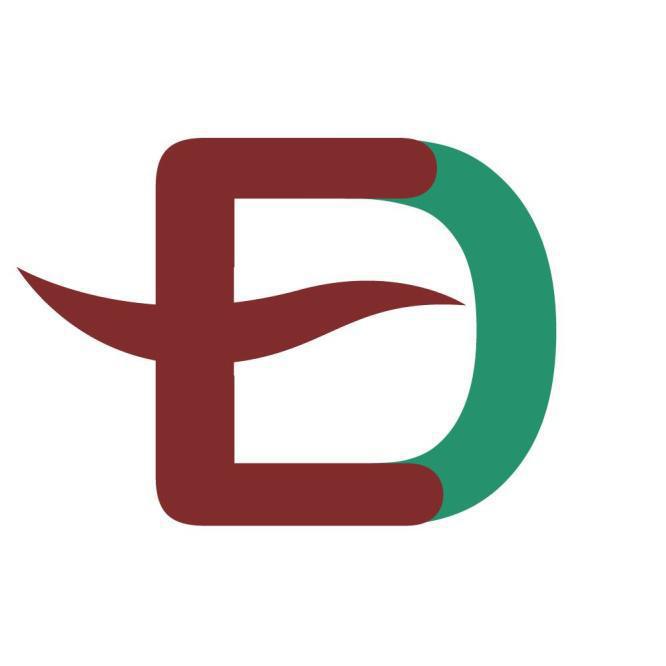Most people ask what it was like to live with an eating disorder, but few ask what it’s like now that I’m recovered. For most people, it isn’t something that completely goes away.
It’s something that will always be there; it will creep up in times of stress or sadness, when feeling lost or insecure, over-tried or over-whelmed. At times it can feel like a little shadow, pushing; the devil on your shoulder, enticing.
I do not mean for this to be discouraging, to be disheartening, or to slap anyone in the face with a harsh reality.
This thing that you live with doesn’t have to be a burden; it can be the opposite.
While it may always be there to some extent, with the tools and knowledge you gain through your recovery you can face it with an awareness; awareness, getting to know your illness intimately through recovery, coming to fully understand what it is, what it means, what it can do and how you can handle it, really is the key.
It is then you can begin to use it as a sign, a reminder to look out for yourself. I know that may sound bizarre, but I’ve found that that voice or presence, that urge to restrict myself or to look at myself in an overly critical and scrutinous way, often flairs up when I’m stressed or sad. Often that voice or presence is the very thing that lets me know I’m not okay; it acts as an indicator that there’s something else, under the surface, going on. It lets me know that there’s something a little off, something I must address. This could be an internal imbalance, or the result of an external stress. Either way, it’s boiling down to something other than, or rather something much more than, feelings and problems to do with self-image and food.
When you begin to notice this, to be aware that how you’re feeling and thinking about yourself can be an indication that there’s an external stress causing you to feel this way, you can begin to work on the root of the problem by really genuinely and caringly checking in with yourself; what is going on in my life right now that could be making me feel this way, to act in this way towards food? Am I stressed about work, a friendship, a relationship? Am I feeling self-conscious from an unconscious comparing myself to those around me? Am I taking care of myself, getting enough sleep and eating enough, getting a decent variety and balance of nutrients? Sometimes, it can boil down to simply being overtired.
You learn a lot, you gain a lot. You can make this a power to you, an asset; something that gives you rare insight and deeper understanding of not just food and nutrition, but the ritual and soul of food – food isn’t just nourishment; it’s celebration, it’s family, it’s community, it’s life.
Some days you’ll be stronger than others, some days it’ll be stronger than you – but the awareness of that, and the ability to listen to yourself and to tune out of that voice you know is dangerous, will help you to move past those moments in which you falter a little, to catch yourself and move on, swiftly, before falling back down into that spiral.
Eating disorders are grippingly and relentlessly strong, but we are stronger.
You are stronger; stronger than it, stronger in spite of it, and even stronger because of it.


